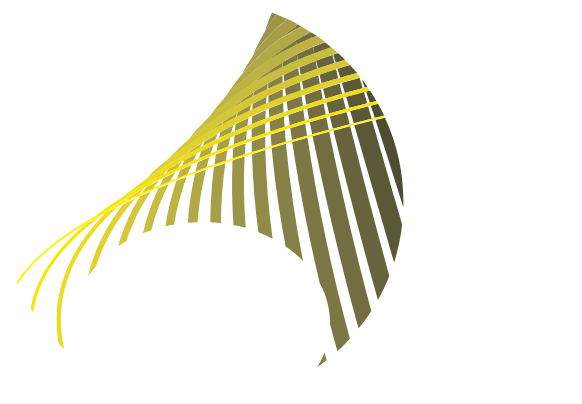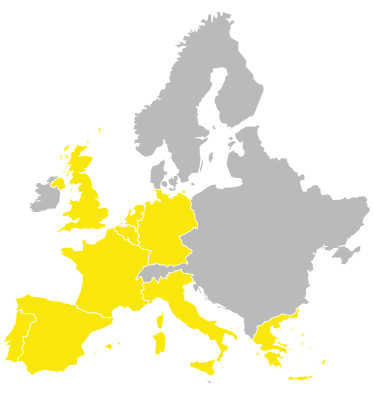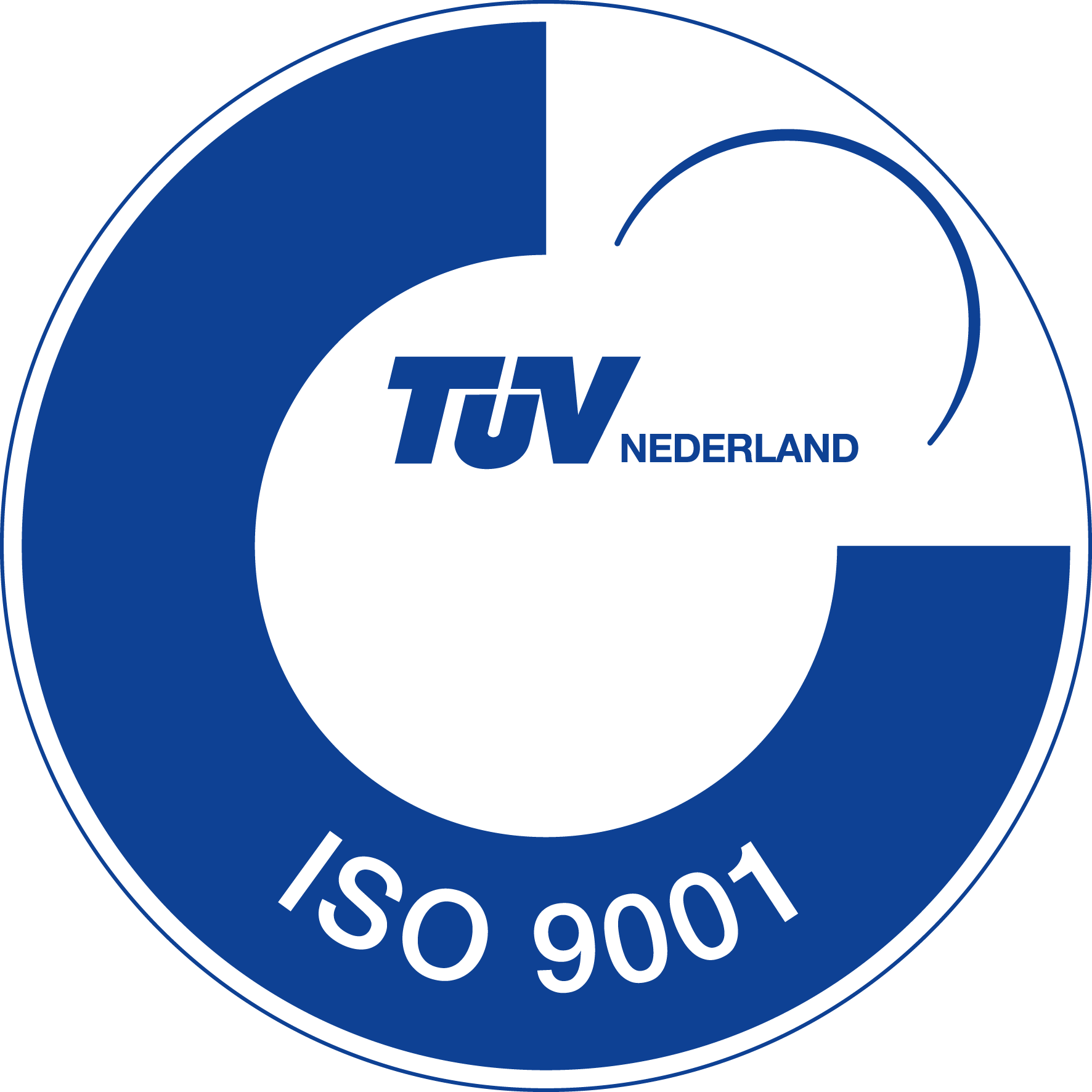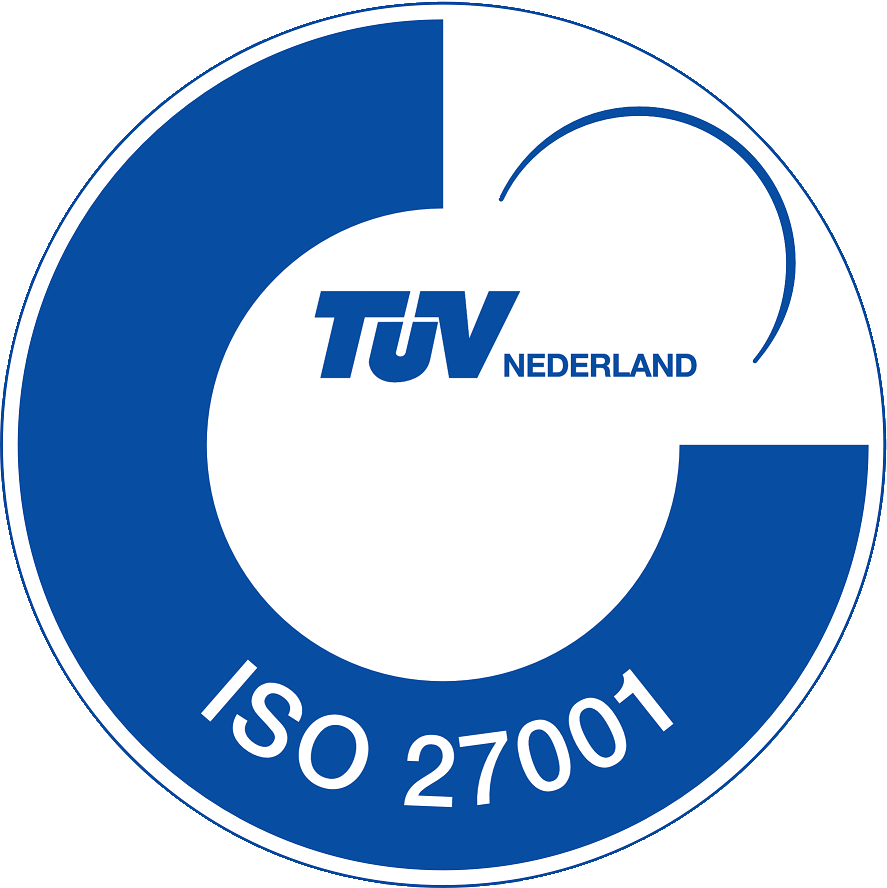Overview of the AlSiCal project
AlSiCal is an ambitious research and innovation effort to make the mineral and metal industry more sustainable and environmentally sound. The project will further research, develop and de-risk a ground-breaking concept: the patented Aranda-Mastin technology. By integrating CO2 capture, this technology enables the co-production of three essential raw materials (alumina, silica and precipitated calcium carbonate), using new resources – e.g. anorthosite, abundantly available worldwide – whilst generating ZERO bauxite residue and ZERO carbon dioxide (CO2) from production.
The AlSiCal consortium comprises 16 international partners from 9 countries, representing the whole value chain in the minerals and metals industry. The project benefits from the participation of research and technology organisations, mining and mineral exploration companies, technology developers, end users, business developers and international interests organisations, jointly aiming at an effective and efficient innovation.
AlSiCal started in September 2019 and will continue until 2023. The project location is the site of the coordinator, the Institute for Energy Technology (IFE) in Kjeller, Norway. The European Union’s Horizon 2020 research and innovation programme has provided funding for the project.
Objectives of the project
- Position the European Union at the forefront of innovation for the Green Shift for the mineral and metal industry;
- Secure European sustainable production of alumina, silica and precipitated calcium carbonate by researching, developing and de-risking a ground-breaking technology for ZERO Bauxite residue and ZERO CO2 emissions from their co-production;
- Unlock substantial reserves of new resources within the European Union – and from worldwide available resources – that can complement or substitute today’s worldwide production of alumina under sustainable principles.
Our involvement in the project
PNO Chemistry plays an important role within the project as a pivot in dissemination and communication. This concerns internal communication within the consortium as well as external communication – e.g. setting up and keeping the AlSiCal project website up-to-date, providing presentations during conferences and promoting the project in the (trade) press. But we also provide stakeholder analyses and plans for exploitation. Furthermore, it is important to be aware of other European projects in this field. Our experts take care of the contacts, the transfer of information and the synergy.



